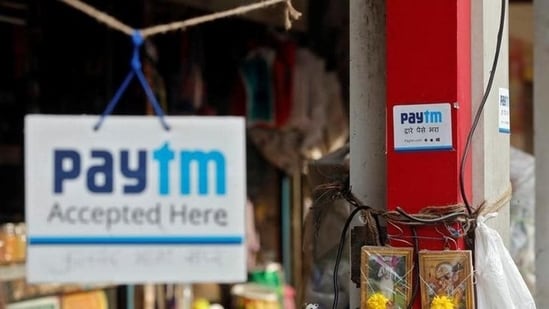Paytm Payments Bank, a wholly-owned subsidiary of fintech major Paytm, has been barred by the Reserve Bank of India (RBI) from accepting deposits or top-ups in any customer account, prepaid instruments, wallets, and FASTags, and more, after February 29. The central bank’s Wednesday directive is based on a system audit report and subsequent compliance validation report, conducted by external auditors.

However, this is not for the first time that Paytm Payments Bank, launched in November 2017, finds itself in trouble. Here is a look at its past troubles:
June 2018: The RBI, following an audit, instructed the Paytm subsidiary to stop onboarding new customers; the audit found issues with the payment firm’s process to acquire new customers, and adherence to KYC (Know Your Customer) norms.
In January 2019, the RBI allowed the company to enroll new customers.
October 2021: On this occasion, the RBI slapped a ₹1 crore penalty on Paytm Payments Bank, observing that the latter, in its application seeking final Certificate of Authorisation, submitted information that did not reflect the ‘factual position.’
March 2022: In March two years ago as well, Paytm Payments Bank was asked to stop onboarding of new customers with ‘immediate effect.’ Wednesday’s action is a ‘further supervisory action’ from this 2022 move, and is due to ‘persistent non-compliances’ and ‘continued material supervisory concerns’ in the bank.
October 2023: Then, the Reserve Bank imposed a fine of ₹5.39 crore over non-compliance with its directions relating to licensing guidelines, enhancement of maximum balance at the end of the day, cyber security framework, and securing mobile banking applications, including UPI ecosystem.
